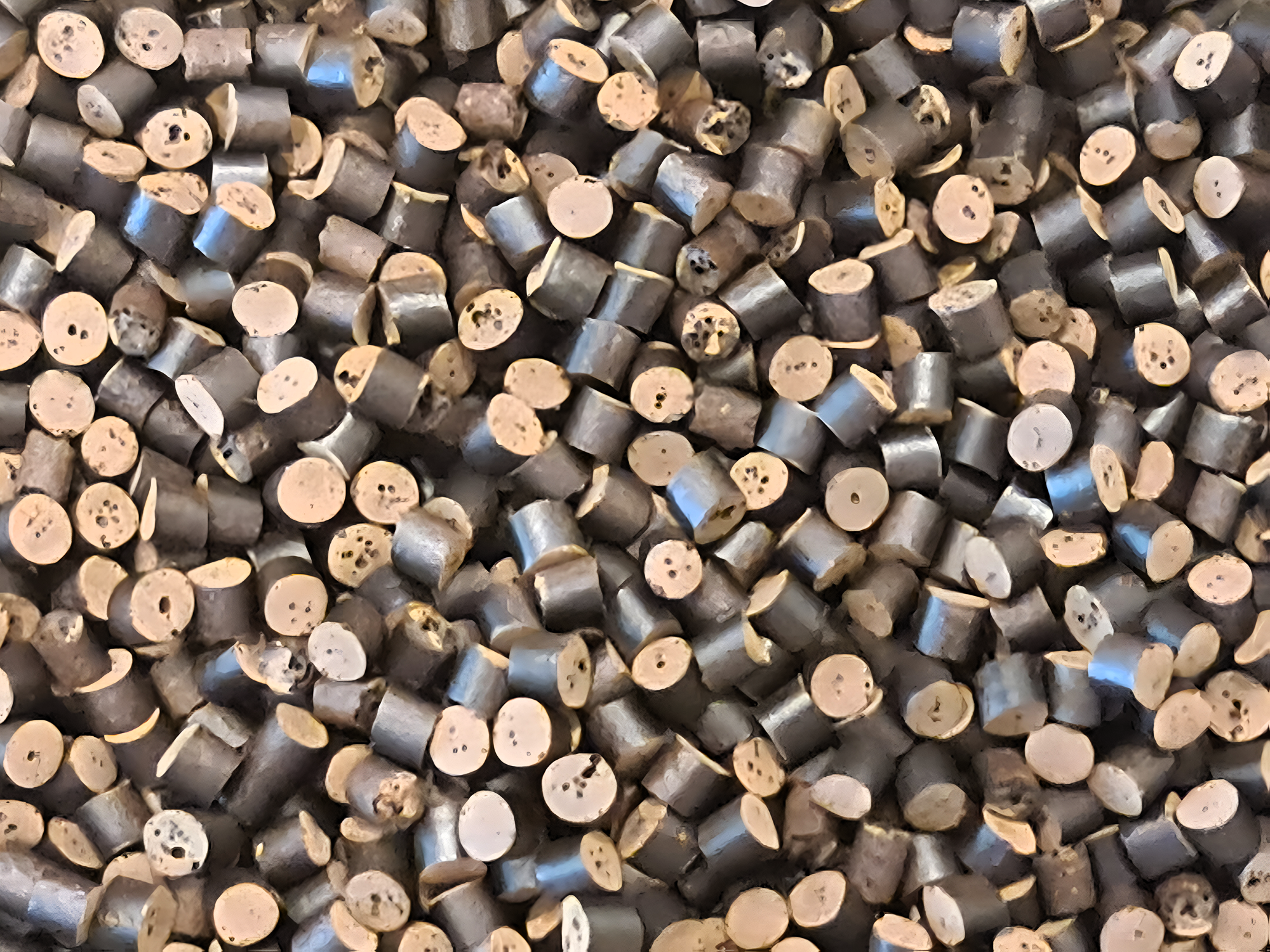A Swedish startup has discovered a technique to transform a waste product from the forestry industry into a bioplastic that can be used to make everything from shopping bags to smartphones.
The bio-based material makes use of lignin, the chief constituent of wood that is typically discarded and burned in paper and pulp mills. A method developed by the eponymous Lignin Industries allows this unwanted lignin powder to be transformed into a biobased material called Renol.
Renol has the same colour and smell as wood but the versatility of plastic, offering a sustainable alternative to the fossil-based materials that currently dominate the plastics industry.
“We are replacing oil as a raw material,” Dr Christopher Carrick, who founded Lignin Industries in 2018 and now serves as the startup’s chief technology officer, told The Independent.

“The diversity of our material is really what makes it stand out. Typically a bio-based material would be tailored to meet one specific application, but ours can be used in all types of plastics – from shopping bags to parts found in cars.”
Lignin Industries chief executive Fredrik Malmfors added: “We’re seeing a lot of people moving to paper bags. And paper is good, we like paper, but we are something in between paper and plastic. So you get the climate-friendliness of paper with the bag, but you get the productivity from the plastics.”
One of the biggest challenges in creating a commercially viable product was getting rid of the rotten egg smell that came from the chemical process turning lignin powder into the thermoplastic Renol.
After five years of development, Lignin Industries has figured out how to maintain the original lignin smell, with the material now smelling like “wood from a forest”. The company is now commercialising its bioplastic having secured a major contract with a UK firm that creates plastics for EV chargers, heat pumps and vacuum cleaners.
The bioplastic breakthrough comes amid renewed scrutiny of manufacturers producing highly-polluting plastics.
A recent study in the US found that tiny plastic particles known as microplastics were present in every human testicle tested, while separate research from China found them in blood clots in the heart, brain and legs.
Earlier this month, a project led by the University of Leicester revealed that brightly coloured plastics degrade faster than plain colours.
“Colourful plastics, such as red and green, degrade and form microplastics pretty quickly,” said Dr Sarah Key from the University of Leicester’s School of Chemistry, who led the research.
“For items that are used outdoors or extensively exposed to sunlight… [Manufacturers should] consider avoiding bright colours to make them last as long as possible.”
Lignin Industries claims its brown bioplastic can both reduce microplastics and speed up the green transition, capable of meeting more than 50 per cent of the demand for the global plastic market with its carbon negative Renol material.
“There is a huge need to both increase recycling but also increase the use of bio-based materials,” said Lignin Industries CEO Fredrik Malmfors.
“There is so much lignin available. There is at least 100 million tons of lignin available yearly, and the great thing about biomass is that it’s pulling out carbon dioxide from the atmosphere as it grows. This means our material is not just carbon neutral but carbon negative –we need to break through the fossil domination of the plastics industry.”

